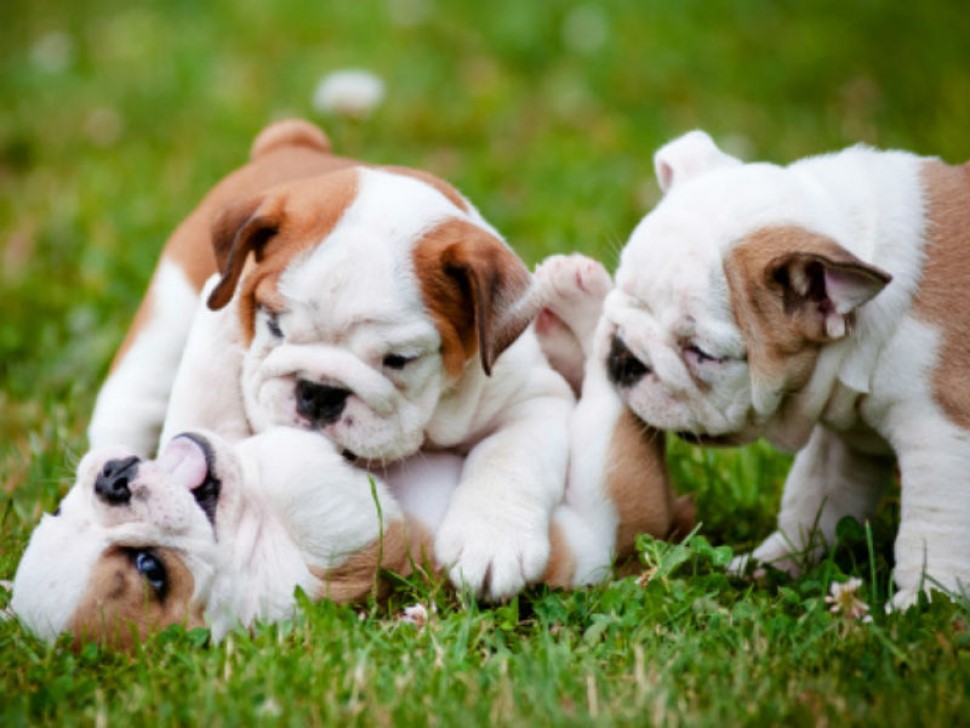The Ultimate Guide to Puppy Socialization

Socializing your puppy is one of the most critical aspects of their early development, ensuring they grow into well-adjusted, confident, and happy adult dogs. This guide will walk you through the essentials of puppy socialization, covering why it's important, when to start, and how to do it safely and effectively.
Socialization involves exposing your puppy to a variety of people, animals, environments, and situations, helping them to become accustomed to the world around them. Proper socialization can prevent behavioral problems such as fear, aggression, and anxiety. It teaches your puppy to be comfortable with different sights, sounds, and experiences, promoting a sense of security and well-being.
The critical period for puppy socialization is between 3 to 14 weeks of age. During this time, puppies are most receptive to new experiences and learn to accept them as normal. While socialization can continue beyond this period, the experiences your puppy has during this window can have a lasting impact on their behavior.
- Start at Home: Before your puppy is fully vaccinated, you can begin socialization at home. Expose them to various household noises, objects, and gentle handling.
- Plan Safe Interactions: Once your vet gives the go-ahead, introduce your puppy to friendly, vaccinated dogs and cats. Keep initial interactions short and positive.
- Meet New People: Allow your puppy to meet people of all ages, sizes, and ethnicities. Ensure these meetings are controlled and that your puppy is not overwhelmed.
- Explore New Environments: Take your puppy to different places – parks, pet stores, quiet streets. Use a leash and keep a close eye on how they react to new experiences.
- Attend Puppy Classes: Puppy training classes are great for learning and socialization. Choose a class that focuses on positive reinforcement and allows time for supervised play.
- Keep it Positive: Always associate new experiences with positive outcomes, using treats and praise to encourage your puppy.
- Go at Your Puppy's Pace: Watch for signs of stress (like cowering, tucking the tail, or trying to escape) and do not force interactions.
- Vary Experiences: Expose your puppy to different sounds, surfaces, and situations to build their confidence.
- Be Patient and Consistent: Socialization is a process. Regular, positive experiences will build a strong foundation for your puppy's social skills.
Safety First
While socializing your puppy, it's crucial to prioritize their health and safety. Only interact with healthy, vaccinated dogs and avoid places where your puppy could be exposed to diseases until they are fully vaccinated. Always supervise interactions and step in if play becomes too rough or if your puppy seems overwhelmed.
Conclusion
Puppy socialization is a rewarding journey that sets the stage for your dog's future. By taking the time to introduce your puppy to a variety of experiences in a safe, controlled manner, you're helping them develop into a sociable, confident, and well-behaved companion. Remember, socialization is about quality experiences, not just quantity. With patience, understanding, and a bit of planning, you'll provide your puppy with the tools they need to thrive in the world around them.

Related